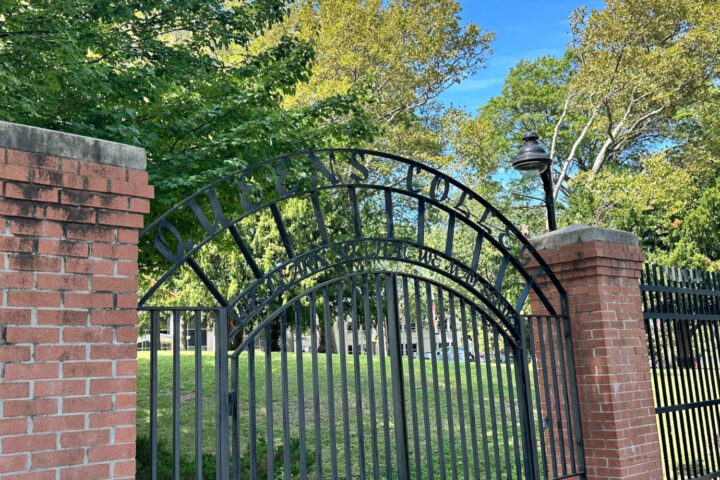Upon renewal of the current adjunct health care plan effective Sept. 30, adjuncts in Queens College still have wide ranging opinions on working conditions and monetary compensation.
One they all agree on though, is that more could be done to accommodate the increasing number of adjuncts at the university.
In a report compiled by the American Federation of Teachers in 2010, nearly three fourths of college professors across the U.S. are adjuncts. In QC, the most recent survey, referred to in the Adjunct Task Force report, compiled by the Adjunct Task Force – A QC based initiative aiming to highlight issues adjuncts face – states that adjunct faculty members outnumbered full-time faculty 895 to 641.
Although adjuncts working in other universities do not necessarily have the luxury of being unionized, QC adjuncts are unionized through the Professional Staff Congress, which aims to improve the overall working conditions of adjuncts working for CUNY. According to the PSC website, adjuncts have won several benefits due to the efforts by the Professional staff congress.
PSC also provides health care to adjuncts that qualify for it’s insurance plan through the Welfare Fund. Currently, negotiations are underway for a new health care plan, while the current health care plan lasts through Sept. 30 of this year.
One of the issues adjuncts – not necessarily specific to QC – face, is compensation. According to adjunct lecturer Arthur Shippee, who has been teaching English and Philosophy at QC for nearly two decades, him and his fellow adjuncts, “are woefully underpaid. There’s a lot of nickel and dime-ing.”
The Adjunct Task force report elaborates on this complaint. Currently, an adjunct lecturer at step 2 is paid $67.42 an hour, which amounts to slightly above $3,000 for one course. If this adjunct were to teach five courses during the span of one year, they would little more than $15,000 a year.
Also according to the report, CUNY does not pay its adjuncts for the work they do outside of the classroom, which may include working with students, preparing coursework prior to the semester, grading and reading material related to the class. The pay is strictly for the time they spend in class.
The report also mentions that adjuncts do not receive unemployment benefits in between semesters, when they may not be teaching any courses.
“There’s a good deal of institutional disdain” said, Professor Shippee, referring to the CUNY treatment of adjuncts. “We deserve a lot more money that we get. Considering the amount of teaching and the quality of teaching we do, the university is not doing enough”.
According to a survey at the ATF website, conducted in 2009, 50% of QC adjuncts are either very satisfied or mildly satisfied with their salary. While 44% are either dissatisfied or very dissatisfied, with 6% voting “neutral/don’t know.” In national surveys, such as the one conducted by the American Federation of Teachers, only 44% of adjuncts are satisfied with their salaries.
Nicholas Petaludis, who has been teaching Political science at QC for the past 5 years, may fall under the “very satisfied” category. Teaching as an adjunct is, in his words, “ a superb opportunity It’s the same as being a professor, and you’re given an opportunity to see if you want to teach. How many jobs allow you to do that?”
In contrast to Petaludis’s experience, the ATF report uses language such as “second class citizens” and “medieval serfs” to describe the treatment of adjuncts as QC.
“Maybe second class citizens is an accurate description,” says Hala Abdelghany, an adjunct who has been teaching Arabic at QC since 2010. “I would like there to be more interaction with the tenured faculty or a forum where we could get together. Since I’ve been here, there’s hardly been any interaction.”
The one benefit of being an adjunct at QC was the formation of the ATF last year which put forward 17 recommendations, some of which have been implemented for this year. One of the most successful and necessary recommendations included an adjunct handbook which provides basic information about the campus and its components to new adjuncts and helps to familiarize them with on-campus resources and initiatives.
“Adjuncts in different departments have different experiences,” says Shippee. This sentiment is echoed by Professor Petaludis. They both agree though, there’s room for improvement.













